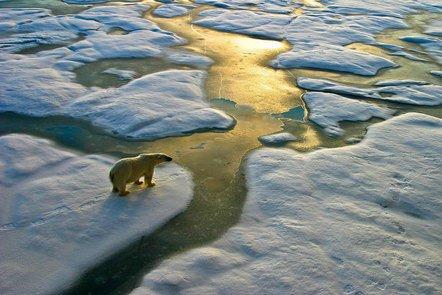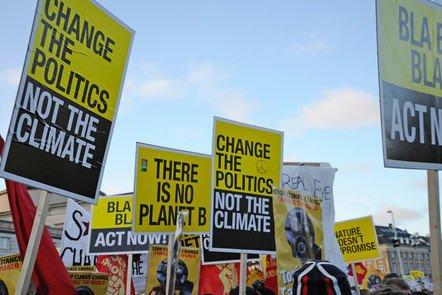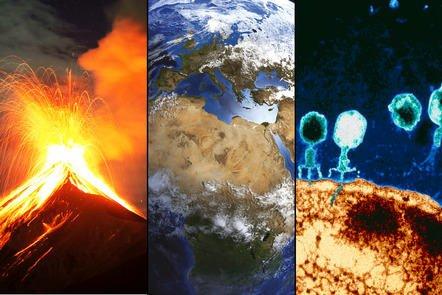Tim Lenton
Tim studied Natural Sciences as an undergraduate at the University of Cambridge. Reading Jim Lovelock’s books on Gaia ignited his passion for studying the Earth as a whole system. This led to his PhD studies on what regulates the nutrient balance of the ocean and the oxygen content of the atmosphere, supervised by Professor Andrew Watson at Plymouth Marine Laboratory and later the University of East Anglia (UEA). After gaining his PhD, Tim worked at the Centre for Ecology and Hydrology, Edinburgh, where he built a simple coupled carbon cycle and climate model, and then coordinated the development of the GENIE family of Earth system models. In 2004 he returned to UEA and built up an Earth system modeling group, working on key events in the coupled evolution of life and the planet, including human-induced global change. He recently published a book on this with Andrew Watson called ‘Revolutions that made the Earth’ (OUP, 2011). Tim moved to the University of Exeter in 2011, where he and his group are focusing on understanding these past revolutions, on developing an evolutionary model of the marine ecosystem, and on early warning of climate tipping points. Tim works closely with Professor Nick Talbot on the overall environmental research strategy for the University.
Tim’s work identifying the tipping elements in the climate system won the Times Higher Education Award for Research Project of the Year 2008. He has also received a Philip Leverhulme Prize 2004, a European Geosciences Union Outstanding Young Scientist Award 2006, the British Association Charles Lyell Award Lecture 2006, and the Geological Society of London William Smith Fund 2008. Tim is a Fellow of the Linnean Society and a Fellow of the Geological Society.
More info: http://geography.exeter.ac.uk/staff/?web_id=Timothy_Lenton






